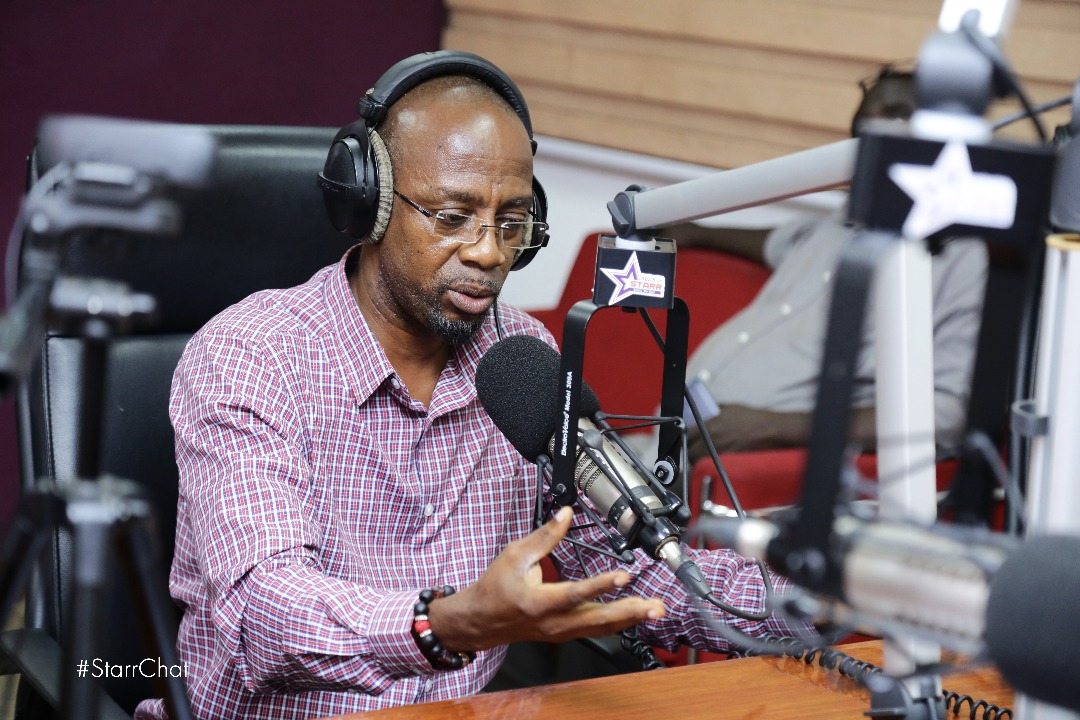
Ama Serwah Nerquaye-Tetteh, the Secretary General of the Ghana Commission for UNESCO, has mentioned that highlife will be listed by UNESCO as Ghana’s intangible heritage this year.
She made this announcement during the Telecel Ghana Music Awards industry mixer which was held at the Palm Convention Centre in Accra recently.
Speaking about UNESCO’s contribution to TGMA’s music Hall of Fame which is in the offing, Ama noted that after years of consideration, highlife will be recognised by the international organisation as a product of Ghanaian origin.
“This year at UNESCO, we are listing highlife as an original product of Ghana,” she noted.
When the host Kofi Okyere Darko raised the issue of controversy surrounding the true origin of highlife Ama said after putting in the application, no other country came up to contest Ghana’s claim of owning highlife.
“We have put in the application and we haven’t heard anyone claiming it originated from their country. We know the history and so we are finalizing that,” she said.
This comes after a series of engagements and conferences organised by the Ghana Folklore Board and the Ghana Cultural Forum to discuss plans by which Ghana’s highlife can be listed as UNESCO’s list of Intangible Cultural Heritage (ICH).
An intangible cultural heritage (ICH) is a practice, representation, expression, knowledge, or skill considered by UNESCO to be part of a place’s cultural heritage.
Intangible heritage consists of non-physical intellectual wealth, such as folklore, customs, beliefs, traditions, knowledge, and language.
Intangible cultural heritage is considered by member states of UNESCO as the tangible World Heritage, focusing on intangible aspects of culture.
Jamaica’s reggae and Congo’s rhumba are some music genres listed by UNESCO as intangible heritage.



